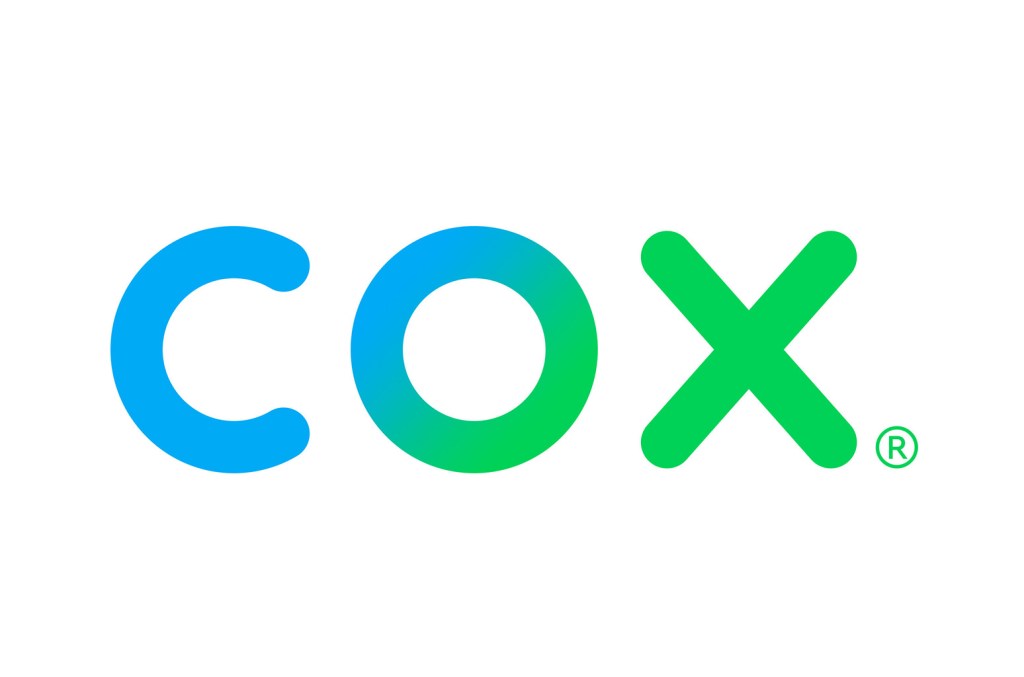A federal appeals court has overturned a massive $1 billion copyright verdict won by the major record labels against internet service provider Cox Communications, sending the case back for a new award to be calculated.
In a decision Tuesday (Feb . 20), the U.S. Court of Appeals for the Fourth Circuit vacated the huge award against Cox over illegal downloading by its subscribers — one of the largest ever in an intellectual property lawsuit — on the grounds that part of the verdict was not supported by the law.
The ruling sets the stage for a new trial, but Cox could still be on the hook for heavy damages. That’s because, while the appeals court overturned the jury’s decision that Cox committed so-called vicarious copyright infringement, it affirmed that the internet service provider (ISP) had still committed a different type of infringement.
Universal Music Group, Sony Music Entertainment and Warner Music Group all sued Cox in 2018, seeking to hold the internet giant itself liable for alleged wrongdoing committed by its users. The labels said Cox had ignored hundreds of thousands of infringement notices and had never permanently terminated a single subscriber accused of stealing music.
The case was part of a string of such lawsuits filed against ISPs around the country. Charter Communications, RCN Corp., Grande Communications and others were hit with the same claims around the same time.
ISPs like Cox are often shielded from lawsuits over illegal downloading by the Digital Millennium Copyright Act, or DMCA. But the judge overseeing the case said that Cox had forfeited that protection by failing to terminate people who repeatedly violated copyright law.
Stripped of that immunity, jurors held Cox liable in December 2019 for the infringement of 10,017 separate songs. They awarded the labels more than $99,000 for each song, adding up to $1 billion. Cox eventually appealed that verdict to the Fourth Circuit, a federal appeals court that could overturn it.
In Tuesday’s ruling, the appeals court said that the jury had been correct to find that Cox had willfully committed so-called contributory copyright infringement — meaning the company had induced or authorized its customers to pirate the music. But the court said that the labels had failed to show that Cox committed vicarious infringement, which would have required proving that the ISP profited from the illegal downloading.
“The continued payment of monthly fees for internet service, even by repeat infringers, was not a financial benefit flowing directly from the copyright infringement itself,” the appeals court wrote. “Sony has not identified any evidence that customers were attracted to Cox’s internet service or paid higher monthly fees because of the opportunity to infringe Plaintiffs’ copyrights.”
Because part of the verdict was tossed out, the court ruled that a new trial would be needed to recalculate the damages award — this time, based only on the finding of contributory infringement.
Source link









